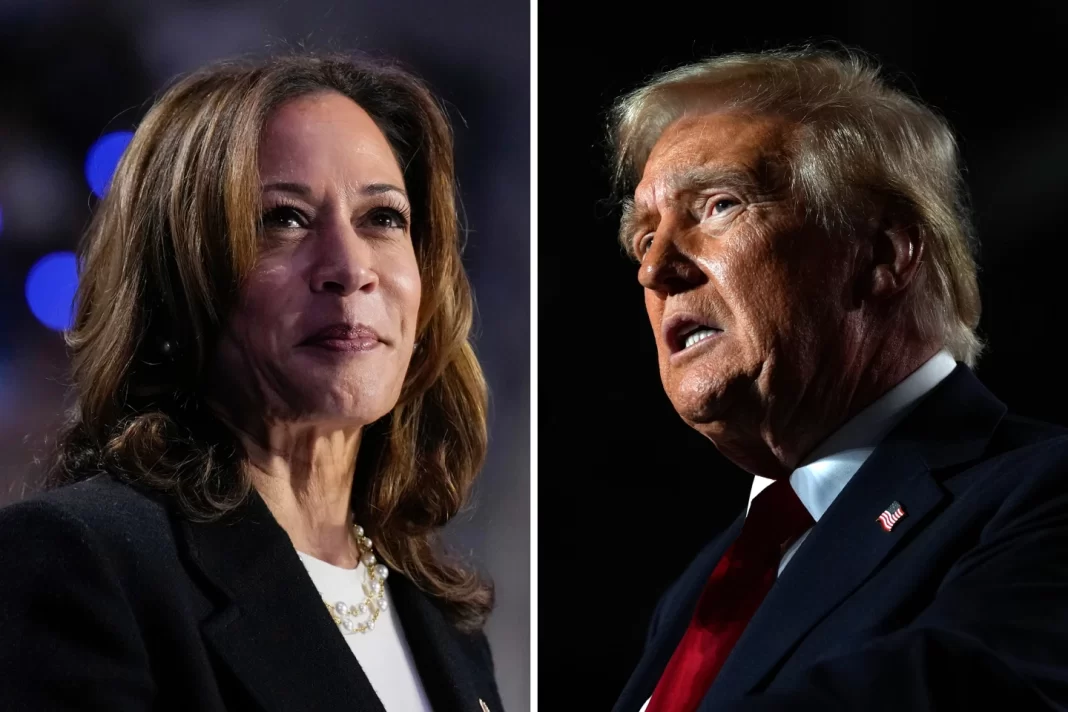By Priyal Singh
The outcome of the upcoming U.S. presidential election could considerably alter the direction and substance of African capitals’ bilateral relations with Washington.
The Joe Biden–Kamala Harris administration has made significant efforts to effectively course-correct and reframe U.S.-Africa relations, primarily through its 2022 Strategy toward sub-Saharan Africa. The objectives include fostering open societies, delivering democratic and security dividends, advancing economic opportunity, and supporting climate adaptation.
This strategy has been bolstered by numerous high-level working visits to the continent, the mobilisation and facilitation of new investment and trade agreements, and renewed commitments toward supporting democratic transitions and processes. Those efforts were solidified at the December 2022 U.S.-Africa Leader’s Summit, in which delegations from forty-nine African countries converged in Washington to discuss and explore strengthened bilateral relations based on shared interests and values.
More recently, the United States’ calls for UN Security Council reform, which now include its official support for two permanent seats for African countries, have further underscored the current administration’s recognition and desire for deeper bilateral relations with African states.
Despite those efforts, relations with certain African states have been strained by broader geopolitical developments, such as the ongoing conflicts between Israel and Palestine, Russia and Ukraine, and the ongoing conflict across the Sahel. Additionally, these relationships have been stressed by the concomitant efforts of the United States (and other major global powers) to curry favour among states in the Global South over their particular worldviews concerning the future of international order.
Should Kamala Harris emerge victorious in November, it is likely that the substance and direction of U.S. policy and strategy toward the continent will continue as it has under the Biden administration.
In fact, this overarching strategy could be pursued with even greater investment and vigour by Washington to secure key allies, ward off the influence of China and Russia, and ensure broad continental support for its core foreign policy and security objectives over the coming decades―as enshrined within its 2022 National Security Strategy.
In this scenario, key U.S. initiatives such as the African Growth and Opportunity Act, the Just Transition Partnerships, and more recently launched efforts like the African Democratic and Political Transitions initiative and the 21st Century Partnership for African Security, will likely spur more substantive bilateral engagements between Washington and African capitals.
A second Donald Trump administration, on the other hand, would likely introduce a much greater degree of policy uncertainty.
The first Trump administration’s foreign policy, characterised by America First nationalism, unilateralism, myopia, and explicit derision directed at certain African states and their people, significantly soured bilateral ties between many African capitals and Washington.
During this period, Africa, and especially sub-Saharan Africa, appeared to be under-prioritised by the U.S. foreign policy establishment, with a notable lack of high-level exchanges. The Trump administration had unclear foreign policy priorities and objectives for the region and a lack of meaningful new initiatives. There were also considerable delays in appointments to key U.S. diplomatic posts across the continent.
Accordingly, African leaders view the prospect of a second Trump administration as signifying yet another reversal in U.S. foreign policy toward the region. This result would call into question the various initiatives, commitments, and priorities established for the continent under Biden, and would likely result in a net setback in meaningful international cooperation moving forward.
Singh is the Senior Researcher: Africa in the World, Institute for Security Studies (South Africa)
This article was originally published in the Council of Councils.

